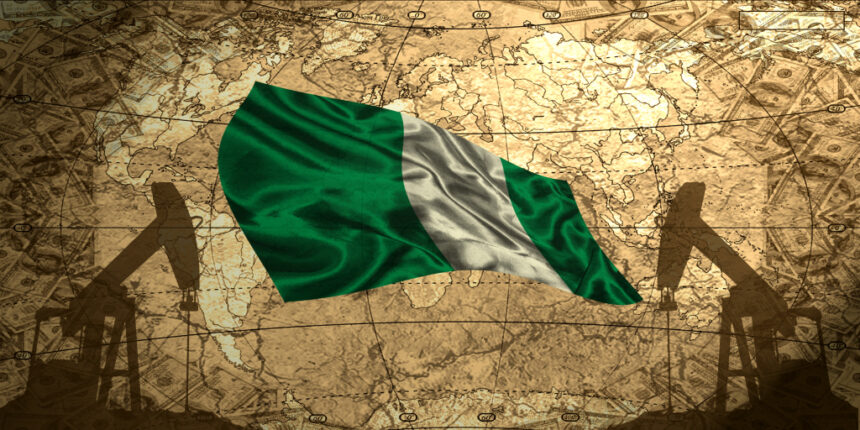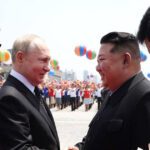Summary by Geopolist | Istanbul Center for Geopolitics:
Contents
The study “Nigeria’s Oil Wealth and International Relations: Multilateral and Bilateral Lending and Decolonial Therapies” by Fidelis Allen explores the multifaceted role of oil in shaping Nigeria’s international relations, economic policies, and social outcomes.
Key points:
Introduction
- Nigeria was Africa’s main oil exporter before Angola surpassed it in 2023.
- Oil prospecting in Nigeria began before World War I, with British Shell-BP discovering commercial quantities in 1957.
- The oil sector now accounts for 65% of Nigeria’s revenues and 85% of its total exports.
Oil and International Relations
- Oil is a crucial global commodity impacting economic, social, political, and environmental spheres.
- Historical examples of oil being used as a foreign policy tool include the 1973-1974 OPEC oil embargo and Saudi Arabia’s oil embargo during the Suez Crisis.
- Oil embargos and control over oil supply can significantly impact international negotiations and global power dynamics.
Oil and the Wellbeing of Citizens
- Nigeria’s reliance on oil revenue has significant implications for its citizens’ well-being.
- The distribution of oil wealth often leads to economic disparity and social issues within the country.
- The oil sector’s performance affects national development plans and the provision of public goods and services.
The Economic Paradox: Nigeria’s Oil Burden
- Despite vast oil wealth, Nigeria faces economic challenges, including mismanagement and corruption.
- The paradox lies in the country’s immense resource wealth not translating into widespread prosperity for its population.
- The reliance on oil has stifled the growth of other economic sectors, making the country vulnerable to oil price fluctuations.
International Relations: Multilateral and Bilateral Lenders
- Nigeria’s foreign policy and economic decisions are heavily influenced by its oil wealth.
- Multilateral and bilateral lending behaviors are shaped by Nigeria’s status as an oil exporter.
- Bilateral relationships, especially with China, often involve oil serving as collateral for credit facilities.
- The country’s borrowing practices have led to growing indebtedness and dependency on foreign loans, often under unfavorable terms.
Decolonial Therapies
- Decolonial therapies refer to a critical reassessment of Nigeria’s international economic relations and the role of oil in these relationships.
- This concept emphasizes the need for Nigeria to evaluate the lending behaviors of international credit systems critically.
- The focus should be on sustainable development that benefits ordinary Nigerians rather than perpetuating dependency on oil and foreign loans.
- The decolonial approach advocates for investments in non-oil sectors like manufacturing and technology to diversify the economy and reduce vulnerability.
Conclusion
- The document concludes that Nigeria’s oil wealth has shaped its international relations and economic policies in ways that often do not favor its citizens.
- A shift towards more sustainable and equitable economic practices, supported by a decolonial framework, is necessary for Nigeria’s long-term development and stability;
Source: IFRI







